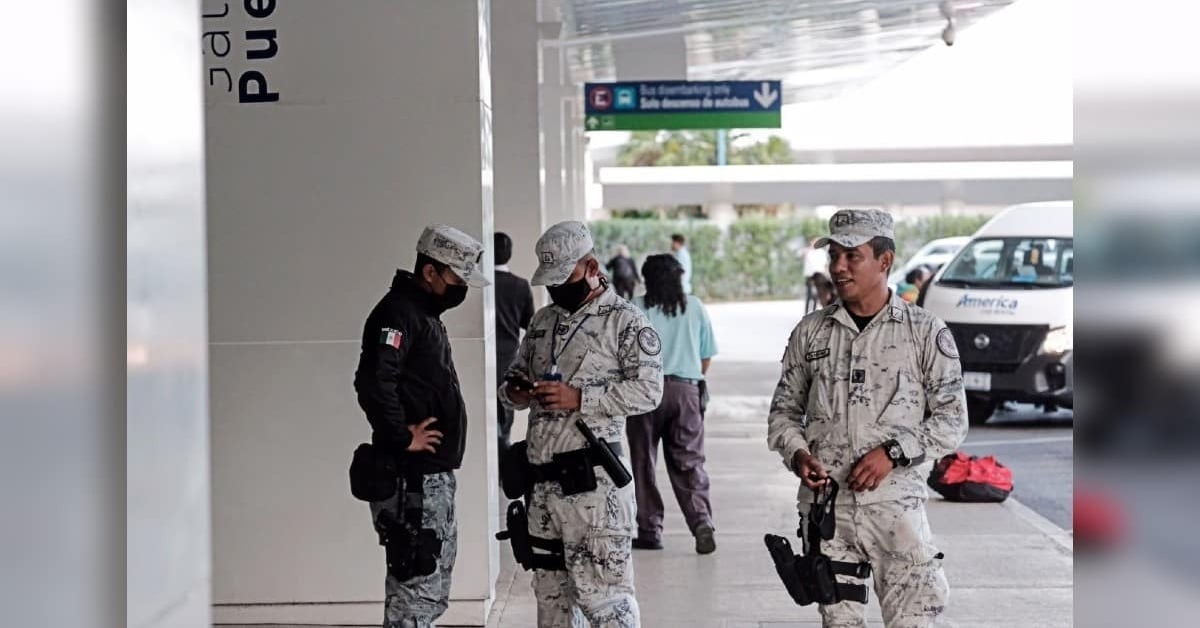Dozens of ride-hailing drivers in Cancún rallied against alleged extortion by National Guard officers at the airport, accusing officials of demanding daily bribes . . .

Dozens of ride-hailing drivers in Cancún rallied against alleged extortion by National Guard officers at the airport, accusing officials of demanding daily bribes . . .
